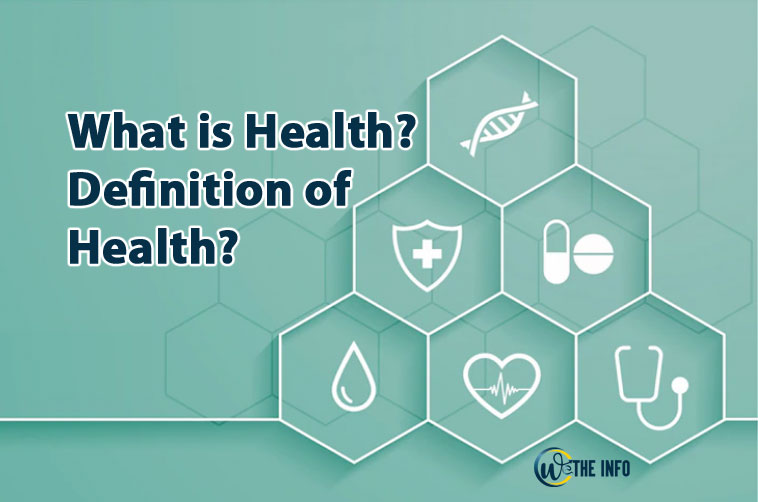What is health anyway? How to imagine it? There are many definitions – from children’s “Health is when nothing hurts” to scientific, formulated by the World Health Organization: “Health is not only the absence of disease and infirmity but a state of complete physical, mental and social well-being.”
For most people, health is a normal state that we usually do not realize or pay attention to it, just as we do not think about our breathing, or how our heart beats. Someone wisely said: “The feeling of health is acquired only after an illness.” This “invisibility” of him can be the reason for a thoughtless attitude to one’s own health, which turns out to be disastrous for many.
The most primitive and common understanding of health is the state of the body when there is no disease. Even doctors often act according to it: “No illness – healthy, we have nothing to do with you. When you get sick, come.” But health is not something permanent and unchangeable. It also needs attention and control. Health must be maintained and strengthened. I think that in the future when the main concern of medicine will be to prevent the disease, and not to cure it, the doctor will not keep a “case history”, but a ”health history”.
Diseases have been studied to the genetic and molecular level, and even doctors know little about health and do not want to deal with it: “It’s not up to health, there is no time and energy to cope with diseases.” In addition, healthy people do not go to doctors. Therefore, doctors at all times mainly dealt with the sick and studied diseases. Another academician of medicine N.M. Amosov admitted: “All doctors are specialists in diseases, not in health.” Although in the word “health care” the main meaning is indicated: the protection of health, and not the treatment of diseases.
There are international health ratings that are compiled annually based on the following indicators: life expectancy, infant mortality rate, the number of cigarettes and alcohol consumed, physical activity, and ecology. The first three places in this ranking in 2012 were occupied by Singapore, Italy, and Australia. Russia was in 97th place on the list of 145 countries and regions.
Do you like to read about Five Tips For a Healthy Lifestyle, One must adopt.
In one of the magazines, a curious tablet was published, showing the results of an international survey of groups of people comparable in age and social status from different countries of Europe. All respondents were asked to rate their health. The details and conditions of the survey were not reported, so it is difficult to judge their objectivity, but according to the results presented, the proportion of people who rate their health as good in different countries was:
- Norway – 81%,
- Netherlands -78%,
- Finland – 69%,
- Italy – 62%,
- Portugal – 41%,
- Latvia – 29%,
- Russia – 22%,
- Ukraine – 8%.
I think these numbers reflect certain differences between people in different countries, both in terms of health and understanding of what this means, as well as differences in health culture and lifestyle.
Sad data were obtained during the recent clinical examination (preventive examinations) of the Russian population, which covered about 17 million people. The results showed that only slightly more than 30% of the examined persons are practically healthy.
Today, based on a summary of numerous studies in the field of epidemiology and etiology of most human diseases, it can be argued that more than 80% of the ability to maintain health depends on your own will and behavior, 15% – on society and environment in which you live, and only 5% – from a doctor. Therefore, the preservation of health should be ensured primarily by one’s own knowledge and efforts, the role of doctors here is secondary. And it is also very important to understand that health given to us by nature, from birth, cannot be conserved, it must be developed and maintained constantly. Lack of attention to him and care for him is one of the most common initial causes of many diseases.
And one more important pattern: many diseases and ailments of the elderly are born in youth. In the initial stages, within 10-30 years, they can proceed without noticeable symptoms, inconveniences, and sensations (atherosclerosis, many tumors, etc.). At the same time, with attention to one’s health, one could prevent or stop their development in a timely manner.
if you want more details please click here
This post was created with our nice and easy submission form. Create your post!




